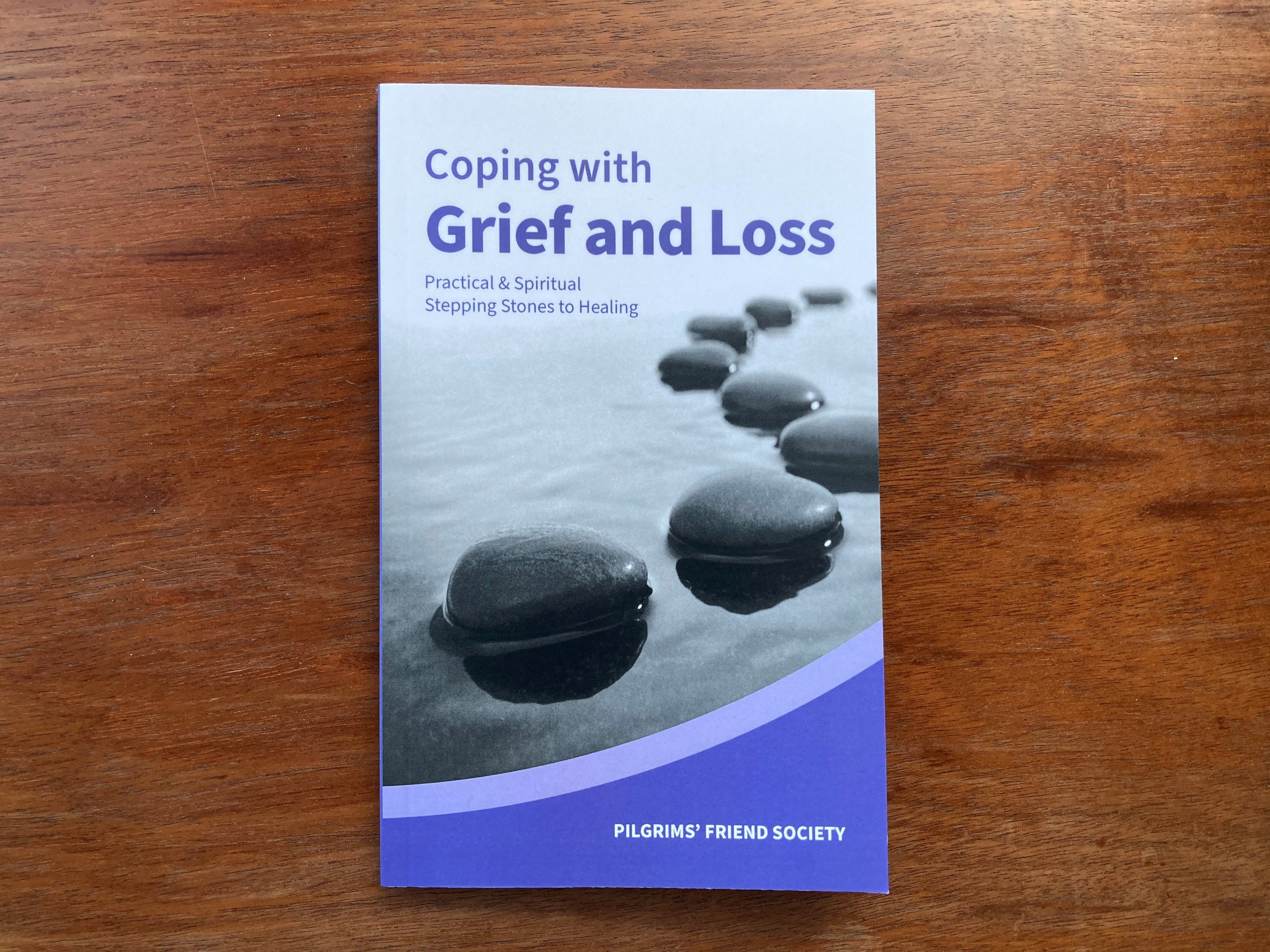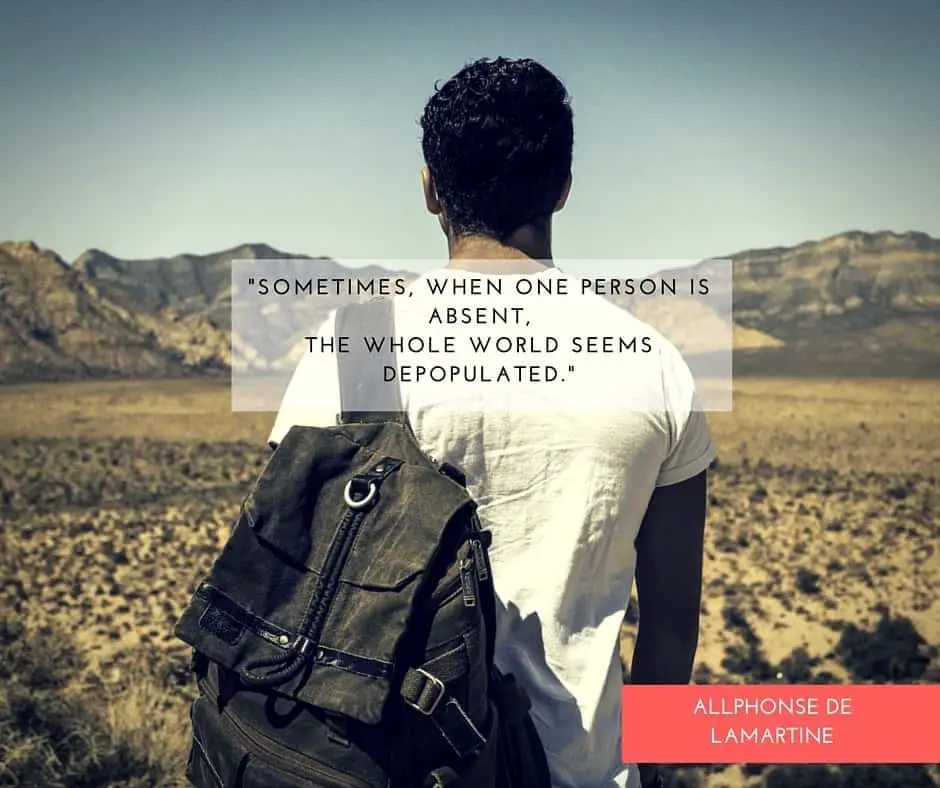Loss is an unavoidable part of the human journey, whether it stems from the death of a loved one, the conclusion of a significant relationship, or the forfeiture of an important opportunity. It often leaves individuals wrestling with emotions such as sorrow, bewilderment, and even fury. Grasping the concept of loss is essential for healing, as it molds our emotional terrain and affects our relationships with others. As we journey through life, loss can serve as both a mentor and a challenge, compelling us to confront our vulnerabilities and cherish the fleeting nature of existence. Each encounter with loss has the potential to transform us, encouraging us to reflect on what truly matters and how we manage the emptiness it creates.
In this exploration, we will delve into the various dimensions of loss, examining its psychological ramifications, the stages of grief, and narratives of resilience. By understanding these elements, we can better prepare ourselves to confront the inevitable losses we face in life. From the initial shock to the possibility of personal growth, loss is a multifaceted experience that can lead us down unanticipated paths.
By analyzing how diverse cultures perceive loss and the rituals they employ to cope, we can gain insight into the universal nature of this experience. Moreover, we will examine the role of support systems in navigating loss, emphasizing the significance of community and connection in the healing process. Join us as we explore the profound impact of loss and how it shapes our lives.
Read also:Understanding The Pinay Celebrity Sex Scandal A Closer Look At Privacy Fame And Society
Exploring the Stages of Grief After a Loss
Gaining an understanding of the stages of grief can provide a valuable framework for processing loss. The Kübler-Ross model identifies five stages: denial, anger, bargaining, depression, and acceptance. It’s important to note that these stages are not experienced in a strictly linear fashion and can differ greatly from one individual to another.
How Can We Effectively Support Those Who Are Grieving?
Offering support to a friend or loved one navigating loss demands sensitivity and empathy. Below are some strategies for providing meaningful support:
- Listen actively and without judgment.
- Provide practical assistance, such as preparing meals or running errands.
- Encourage them to share memories and express their feelings.
- Respect their unique grieving process and offer them space when necessary.
What Are the Typical Responses to Loss?
Reactions to loss can differ significantly among individuals. While some may feel overwhelming sorrow, others might display anger or even relief, especially in complex circumstances like terminal illness. Common responses include:
- Emotional numbness
- Physical symptoms such as fatigue or insomnia
- Changes in eating habits or withdrawal from social interactions
How Do Various Cultures Approach Loss?
Cultural perspectives on loss can greatly influence the grieving process. Some cultures emphasize communal mourning, while others may favor private grieving rituals. Below are a few examples:
- In Mexico, Día de los Muertos honors deceased loved ones with vibrant altars and festivities.
- In Japan, the Obon festival is a time when families pay tribute to the spirits of their ancestors.
- Certain Indigenous cultures incorporate specific rituals for mourning that involve the entire community.
Who Are Some Notable Individuals Who Have Experienced Loss?
Many prominent figures have openly shared their experiences with loss, helping to reduce stigma and highlight the importance of support. One such individual is Princess Diana, whose untimely passing in 1997 left a lasting impact on the world. Below is a brief overview of her life:
| Attribute | Details |
|---|---|
| Name | Princess Diana |
| Birth Date | July 1, 1961 |
| Death Date | August 31, 1997 |
| Notable Achievements | Humanitarian efforts, raising awareness for AIDS, and advocating for landmine clearance |
| Surviving Family | Prince William and Prince Harry |
How Did Princess Diana Navigate Loss Throughout Her Life?
Throughout her life, Princess Diana encountered numerous significant losses, including her struggles with mental health and the complexities of her marriage. Following her separation from Prince Charles, she experienced a profound sense of loss concerning her public persona and personal identity. However, she transformed her grief into advocacy, utilizing her platform to shed light on critical issues.
Read also:Exploring The Inspiring Life Of Aja Wilson And Her Daughter
What Can We Learn from the Stories of Others Who Have Endured Loss?
Gleaning insights from the experiences of others who have faced loss can be incredibly beneficial. Their stories frequently underscore resilience, the importance of community, and the potential for growth despite adversity. Below are some key takeaways:
- Embrace vulnerability as an integral part of healing.
- Seek out supportive networks or groups.
- Allow yourself to experience a wide range of emotions.
- Honor the memory of what was lost in meaningful and personal ways.
How Can We Convert Loss into a Source of Strength?
Converting loss into strength involves deliberate reflection and action. Many individuals find that engaging in creative pursuits, volunteering, or creating memorials can help channel their grief into something positive. Furthermore, sharing one’s story can foster connections and inspire others who are traversing similar experiences.
What Insights Does Loss Offer About Life?
Loss is a profound teacher, revealing the fragility and beauty of life. It challenges us to value every moment and embrace our shared humanity. By acknowledging loss and its influence, we can navigate our grief and emerge with a renewed sense of purpose and connection. Ultimately, loss is not merely an ending; it is also a beginning, inviting us to honor what we hold dear and to live fully in the present moment.


